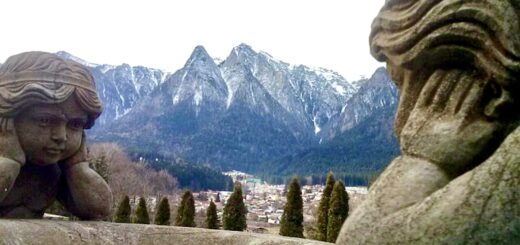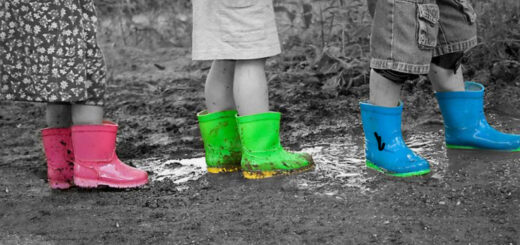Beyond the Void: Finding Love, Devotion, and Essence in a Chaotic World

Sometimes, we feel a deep emptiness in our soul that we cannot describe or understand. We sense that something is missing in our lives, but we do not know what it is. We try different ways to fill this void, depending on our beliefs and preferences.
Some of us look for spirituality to fill the void. We seek comfort and enlightenment in the divine or other mystical realms. We hope to find a transcendental power that can provide us with purpose and fortitude when we are struggling to make sense of the world. We meticulously follow the rituals and traditions to satisfy our longing.
Some of us look for meaningful relationships to fill the void. We seek guidance and reassurance from someone who defend us and is protective. Having someone’s back, whether it is a parent, a friend, a partner, or a mentor is indeed comforting. Perhaps, through this nurturing interpersonal exchange of information and insights, we learn to navigate the labyrinth of life.
Some of us work through the medium of mind, body, or creativity. We actively engage in intellectual vocations, get involved in various athletic activities, or explore the creative artistic side of ours and aims to achieve excellence. Through these domains we strive to fulfil a quest for significance or self-realization.
We have seen many children forming friendships with toys as imaginary friends and engaging with them in lively conversations. These imaginary beings have been immortalised in literature as well. For instance, A A Milne’s Winnie the Pooh, a playful and wise friend to Christopher Robin is supposed to be an imaginary friend. Winnie the Pooh has inspired many people with its simple yet profound life lessons. In Bill Watterson’s Calvin and Hobbes, Hobbes is another imaginary friend. Hobbes the tiger is a fun-loving, sometimes irritating, and confidant to Calvin. In life or literature, these imaginary friends help children deal with their challenges. Or they fill a gap of friendship in their lives.
The famous Sufi poet Rumi once said, “The void can be filled by a higher power.” This statement reflects his profound spiritual transformation that occurred after he met Shams of Tabriz, a Persian mystic, and his soulmate. Shams of Tabriz became Rumi’s mentor, friend, and inspiration, and helped him discover the true meaning of love and devotion.
Perhaps this inherent emptiness is a way to deal with life’s absurdities. What if the call of the void is a way of exploring ourselves? What if, amid these nonsensical we find new insights, about what the journey is all about and who we are and what we really seek?
By embracing the spiritual, the social, the creative, and the adventurous sides of life, we create our own essence.




